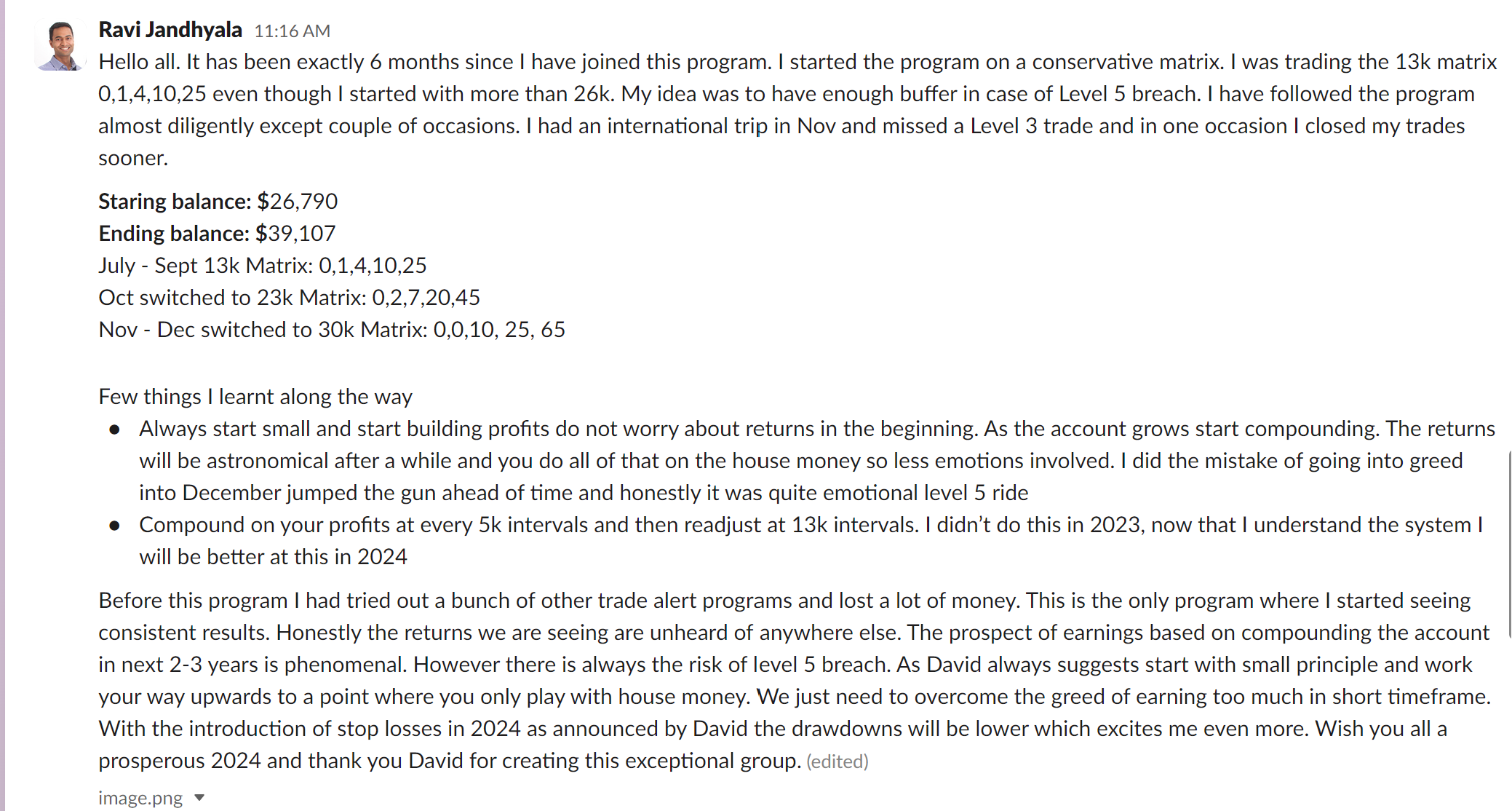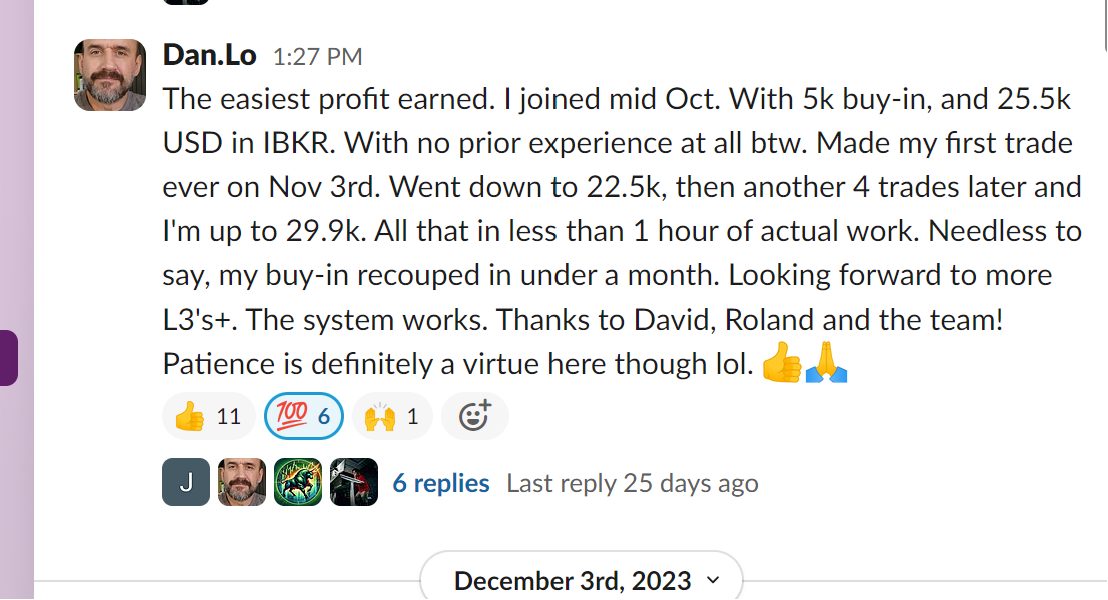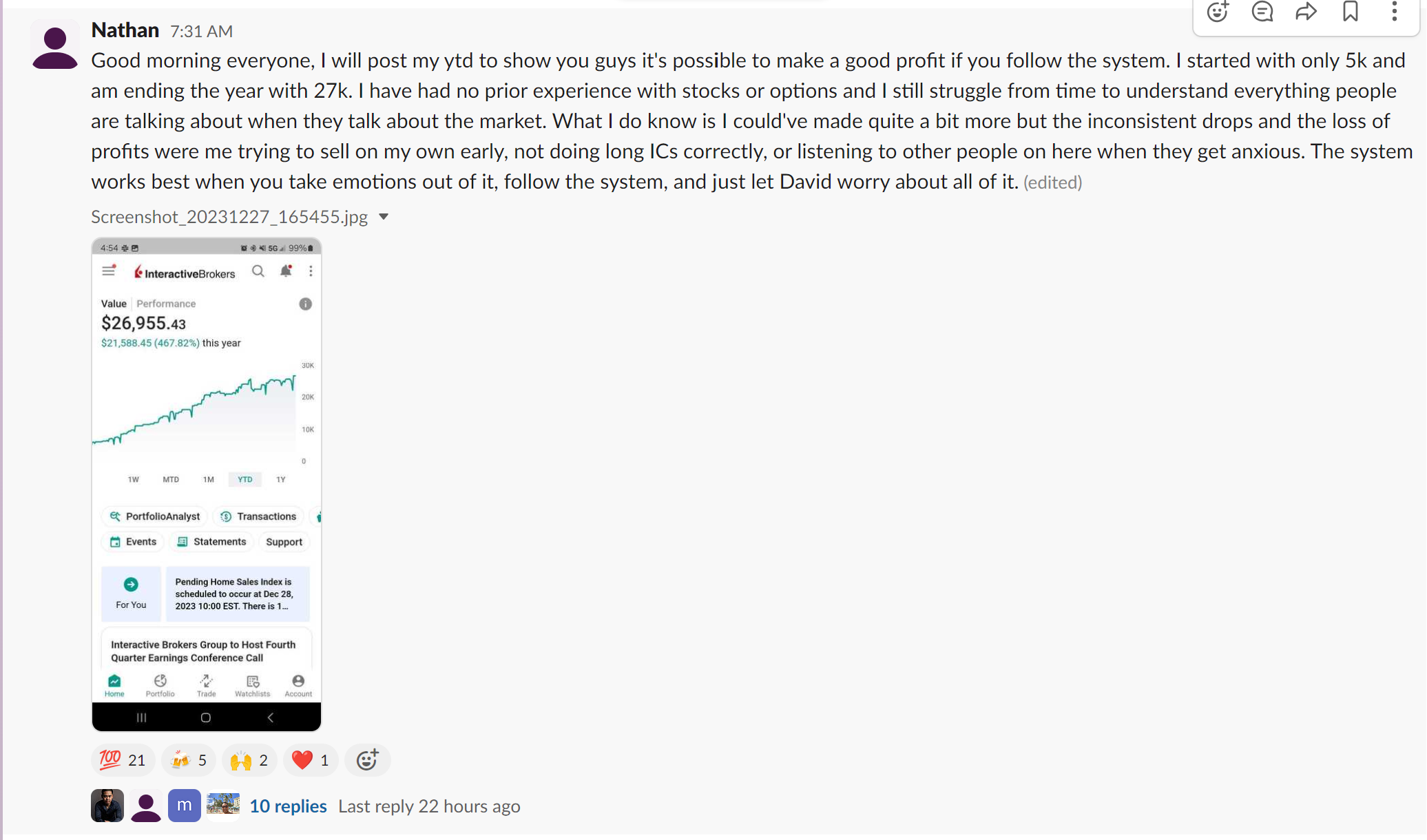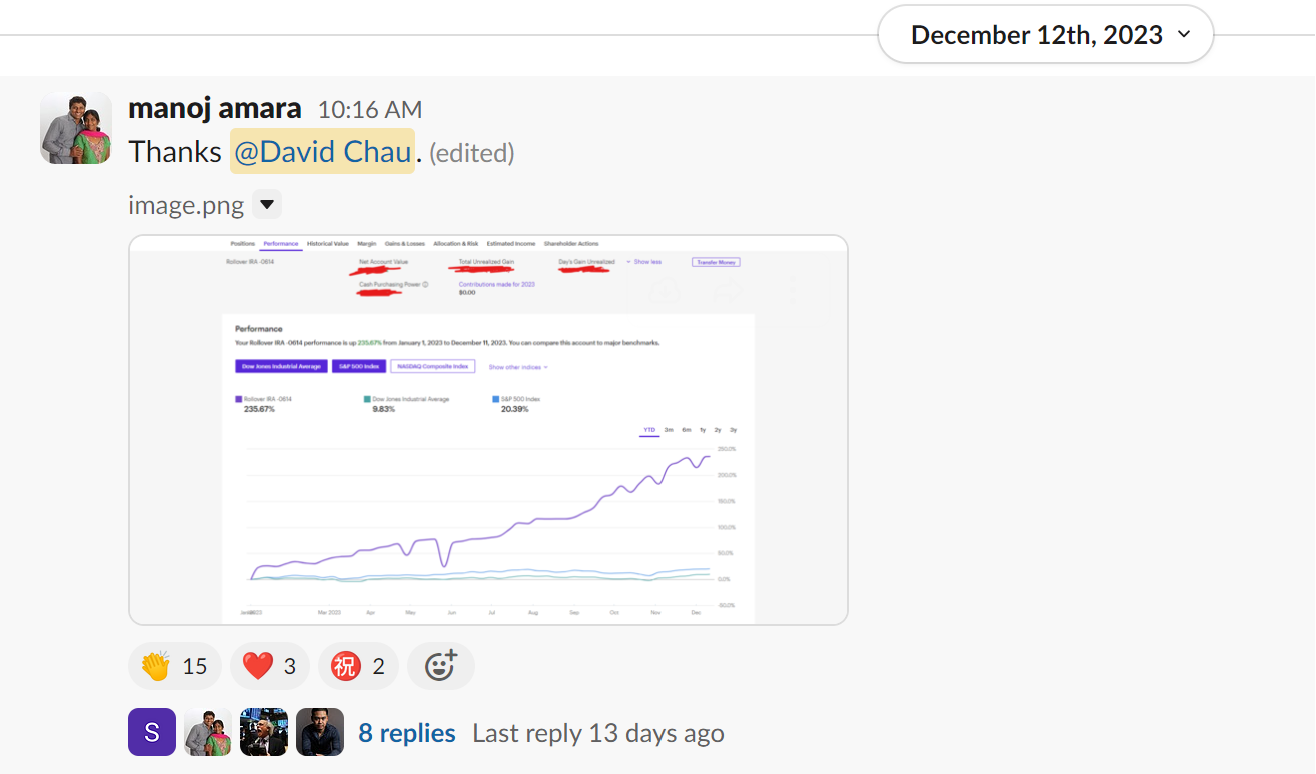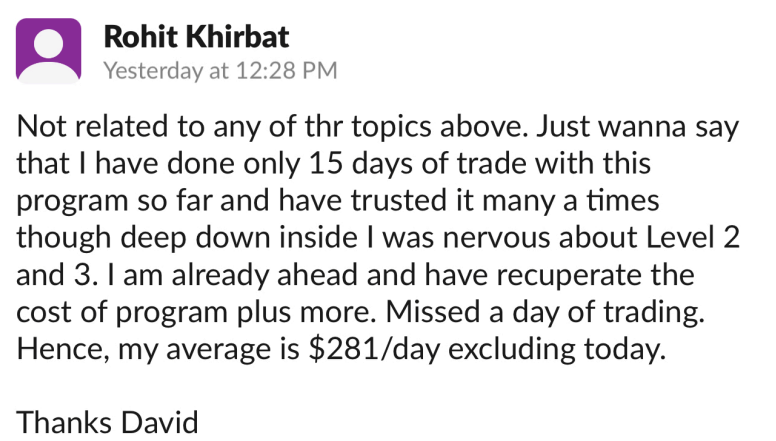Options trading can be complex and challenging, particularly when it comes to managing risks and measuring overall strategy performance. To make informed decisions and optimize trading results, options traders must possess a thorough understanding of options Greeks. An integral part of options pricing and risk management, Greeks offer invaluable insights into variables affecting options prices, enabling traders to better navigate market conditions, adjust strategies, and capitalize on market opportunities.
In this comprehensive guide by InsideOptions, we will dive into the world of options Greeks, dissecting their importance and relevance for options traders seeking to optimize risk management and trading performance. By exploring practical tips and innovative strategies to implement Greeks in your trading approach, you’ll be empowered to manage the complexities of options trading more effectively and enjoy more consistent success.
InsideOptions is dedicated to equipping traders with the knowledge and resources needed to master the diverse aspects of options trading, including a comprehensive understanding of options Greeks. Join InsideOptions today and begin your journey to optimizing your options trading success with the power of Greeks at your fingertips.
1. The Fundamental Greeks: Delta, Gamma, Theta, and Vega
Four primary options Greeks are crucial for understanding the variables impacting options prices and managing risks in your trades:
– Delta: Delta measures the sensitivity of an option’s price to changes in the underlying asset’s price. A positive delta indicates a call option, while a negative delta corresponds to a put option. Traders can utilize delta to hedge their positions or make informed decisions about directional risk.
– Gamma: Gamma represents the rate of change of an option’s delta in response to a one-point movement in the underlying asset’s price. Understanding gamma helps traders manage their risk over time, particularly as the option approaches expiration.
– Theta: Theta measures the sensitivity of an option’s price to the passage of time. This Greek is particularly crucial for options traders, as time decay can significantly impact the value of an option. By managing theta, traders can optimize their strategies to counteract this inherent risk.
– Vega: Vega signifies the sensitivity of an option’s price to changes in the underlying asset’s implied volatility. A thorough understanding of Vega helps traders manage volatility risk and capitalize on market fluctuations.
By mastering these four Greeks, options traders can more effectively evaluate various risks and tailor their strategies for optimal performance in diverse market conditions.
2. Advanced Greeks: Rho and Lambda
In addition to the four primary Greeks, options traders can also benefit from understanding these two advanced Greeks:
– Rho: Rho measures an option’s price sensitivity to changes in interest rates. Though its impact is less pronounced than other Greeks, Rho helps traders understand potential risks when interest rate shifts are imminent or significant.
– Lambda: Lambda, also known as leverage or effective gearing, quantifies the percentage change in an option’s value for every 1% change in the underlying asset’s price. Lambda enables traders to gauge the potential return on investment of a specific option relative to its underlying asset, providing valuable insights for strategic decision-making.
3. Practical Applications of Options Greeks in Trading
Understanding and leveraging options Greeks in your trading approach can provide various practical benefits:
– Portfolio Hedging: By understanding the Greeks, traders can optimize delta-neutral hedging strategies that reduce the portfolio’s directional risk while maintaining exposure to other desirable opportunities.
– Adjusting Strategies: Traders can use Greeks to monitor and adjust their positions as needed, ensuring optimal risk management and alignment with market conditions.
– Trade Selection: Greeks are essential tools for selecting the most appropriate options trades, taking into account factors like time decay (theta), underlying asset movement (delta), and implied volatility (Vega).
– Risk Assessment: A thorough understanding of Greeks enables traders to evaluate the risks and potential rewards of various options strategies, making informed choices based on their individual risk tolerance and trading objectives.
4. Educational Resources for Mastering Options Greeks
Several educational resources can help traders develop their understanding of options Greeks:
– Online Courses: Comprehensive courses, like those offered by InsideOptions, cover options Greeks in-depth, providing valuable foundations for risk management and performance optimization.
– Books/E-Books: Numerous books and e-books on options trading are available, offering a wealth of information on Greeks and their practical applications.
– Videos/Webinars: Visual learners can benefit from educational videos and webinars exploring the nuances of options Greeks and their relevance in trading.
– Industry Expert Guides: Reading expert-authored guides and articles can enhance your understanding of Greeks and provide practical tips for implementation.
Conclusion:
By developing a comprehensive understanding of options Greeks and incorporating these essential tools into your trading arsenal, you can more effectively navigate the inherent challenges of options trading, optimize risk management, and enhance overall performance. Armed with this crucial knowledge, options traders across experience levels can leverage the power of Greeks to maximize their market success.
InsideOptions is committed to empowering traders with the resources, knowledge, and support needed to excel in options trading, including a mastery of options Greeks. Begin your journey to harnessing the power of Greeks for sustained market success by joining InsideOptions today. Learn more about our options trading service!

